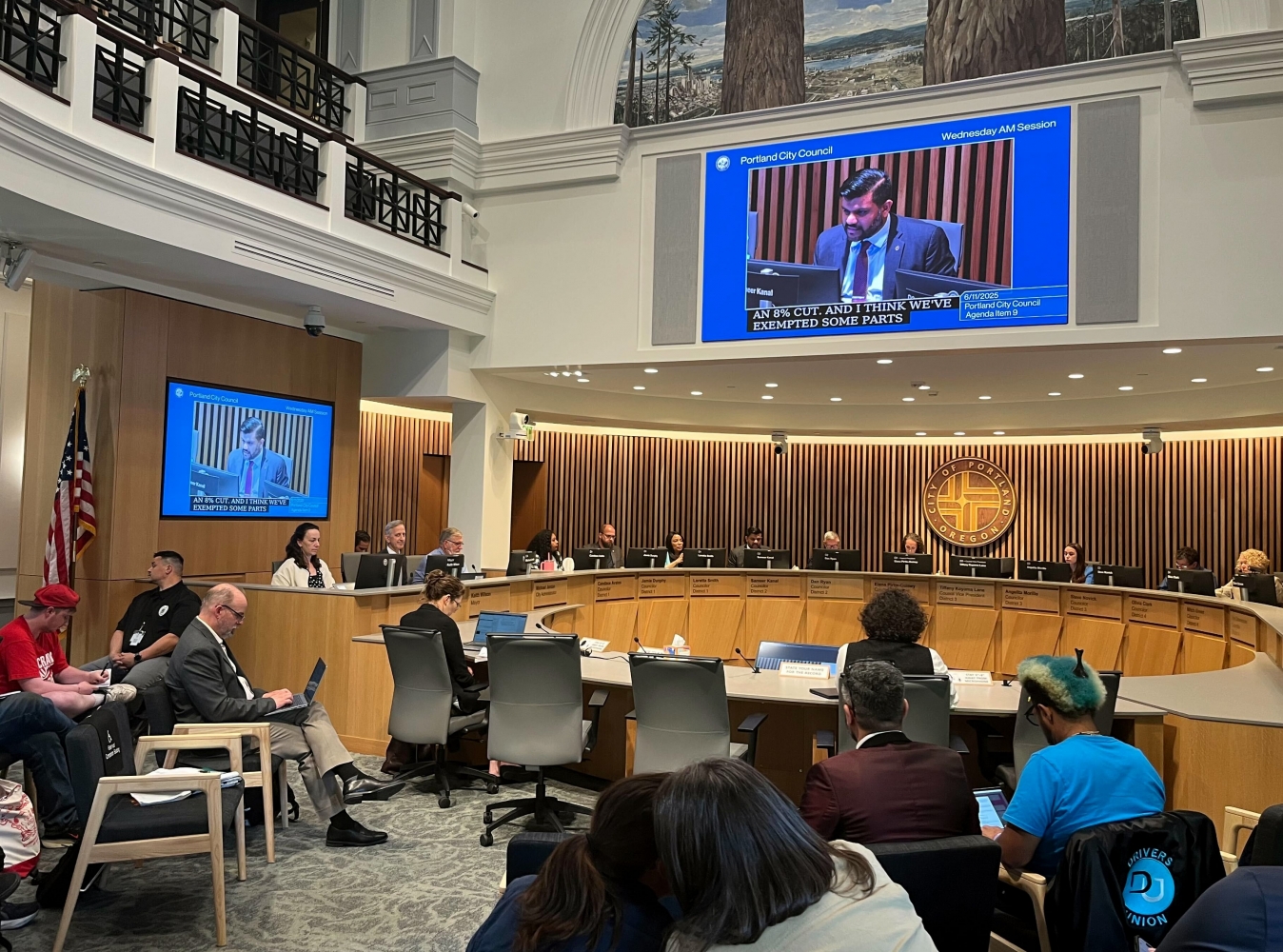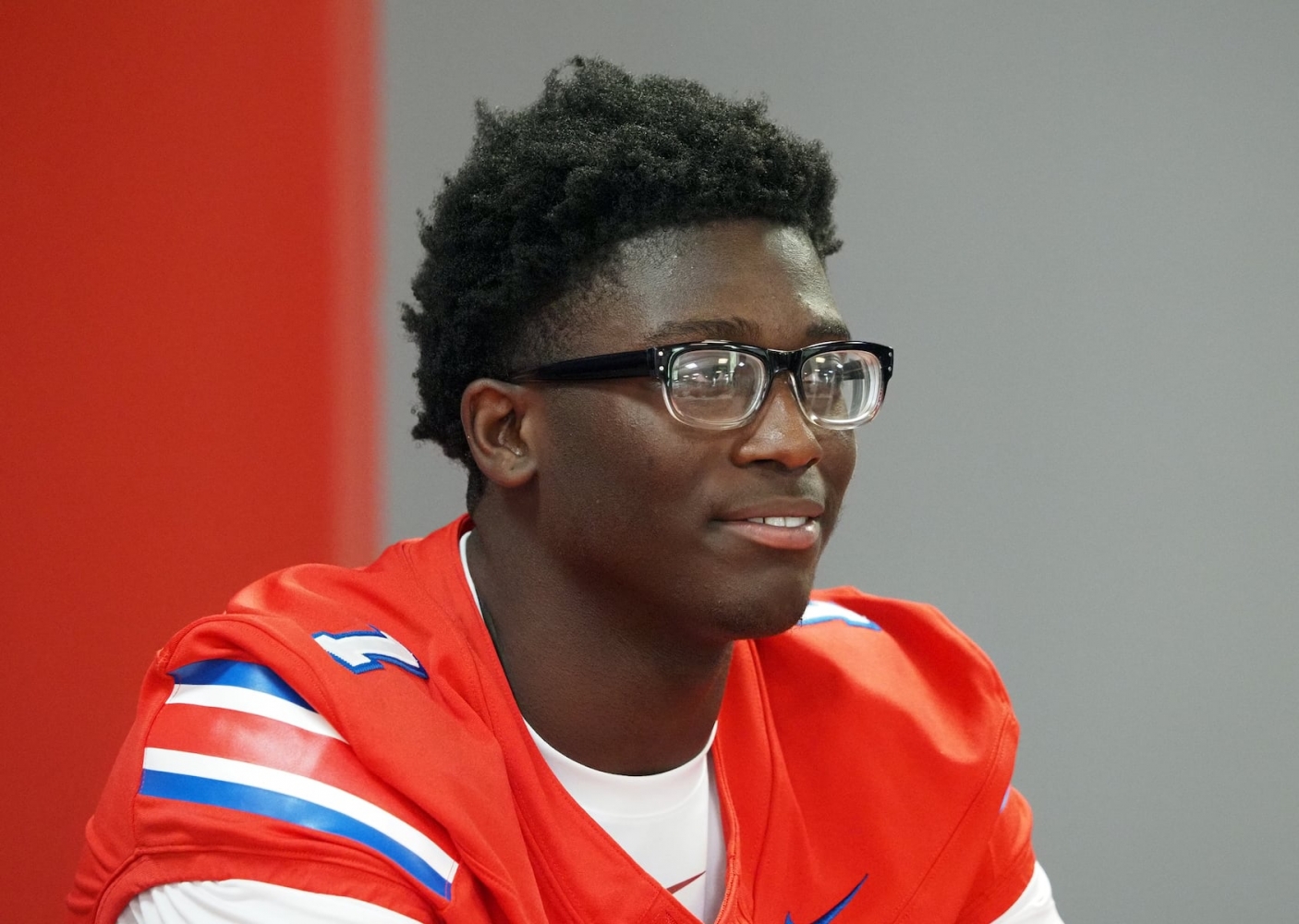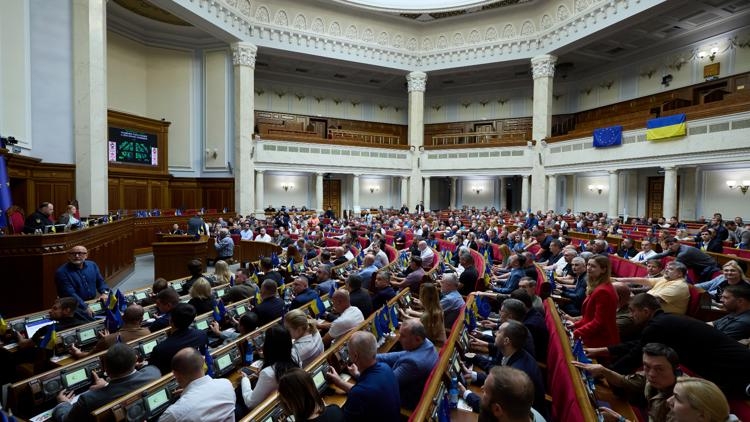

Published on: 07/30/2025
This news was posted by Oregon Today News
Description

Seven months into their new government, Portland’s leaders are looking to make changes.
January marked the beginning of a new, voter-approved government in Portland, where city councilors no longer oversee city bureaus and instead focus on representing geographic districts.
The government plan also tripled the size of city council to 12, and halved the number of full council meetings, from a weekly to biweekly schedule. One of those monthly meetings is at night. One of the first decisions of the new council, led by President Elana Pirtle-Guiney, was to establish eight policy committees. These are groups of six councilors who meet biweekly for two hours to hash out policies before routing it to the full council.
It didn’t take long for some cracks in the new process to appear.
Councilors — and the public — have raised concerns about not having enough time for public testimony at both these full council meetings and in committee meetings. At the same time, they’ve shared frustrations about having redundant information shared at various meetings.
Meetings have often run hours longer than anticipated, a pattern that’s frustrated both members of the public being told to wait and city staff expected to work overtime.
“At the end of the day, this is the people’s house,” said Councilor Candace Avalos, speaking at a council work session Wednesday. “I want to hear from the people. And so if we’re not creating enough space for that, then that’s not going to satisfy me.”
Councilors are spending the next week discussing ways they believe they could improve the system.
On Wednesday, they discussed a proposal first introduced in May by Councilor Sameer Kanal, which would require the full council to meet weekly. Kanal’s plan would also keep councilors from discussing new agenda items after 9 p.m. during their evening meetings, ensuring they don’t run too long into the night. Most councilors appear to support this plan.
“I believe firmly that every single Wednesday should be a council meeting,” said Councilor Eric Zimmerman. “Weekly, predictable and steady.”
Councilors also weighed whether to restrict what type of issues come to each council meeting. In particular, Pirtle-Guiney said she’d like to steer potentially noteworthy policies to the evening council meetings, which may be more convenient for working people to attend. Pirtle-Guiney said that more tedious administrative decisions — like approving a property foreclosure or street closures to allow for sewage work — could be reserved for the daytime meetings.
“I do see the importance around the evening meetings, for accessibility,” said Councilor Olivia Clark. “I do think at a certain point though, we start to get a little loopy and they need to be cut off.”
Some councilors wanted even more dramatic change, but that didn’t get any traction. Councilor Jamie Dunphy floated a plan to create separate meetings altogether for policies introduced by councilors, versus the more administrative policies brought by the administrative branch.
Under the voter-approved plan to change the city’s government, the mayor is no longer a member of city council, and instead oversees city administration alongside a city administrator. Dunphy said his plan would honor the voters’ intent to create a city council that made decisions separate from the mayor and executive branch.
“I want to make sure we are prioritizing our time as legislators to be able to legislate,” said Dunphy.
But his colleagues pushed back. Councilor Tiffany Koyama Lane said the public could get the impression that the council has an “adversarial relationship” with the executive branch, and that they shouldn’t be trusted.
“I want us to be really mindful of the tone that we’re setting,” she said.
Dunphy agreed to pull his proposal. Kanal’s plan for weekly meetings will head to a council vote later this summer.
Councilors will discuss another policy to change how council operates at a meeting next Monday.
That plan, also introduced by Dunphy, condenses the eight current policy committees into five. That includes a so-called “Committee of the Whole,” which every councilor would sit on to make more administrative and operational decisions once a month. Under Dunphy’s plan, the other four committees would meet biweekly for up to three hours.
News Source : https://www.opb.org/article/2025/07/30/portland-city-council-public-meetings-politics-public-comment-oregon-government/
Other Related News
07/31/2025
FIRE SAFETY Fire season is in full swing and has reminded us to stay vigilant and cautiou...
07/31/2025
Oregon has a fourth five-star commitment in 2026
07/31/2025
Multnomah County wont renew its contract with Rockwood Community Development Corporation a...
07/31/2025
Most of the negative reception focused on videos that used the word genes instead of jeans...
07/31/2025










